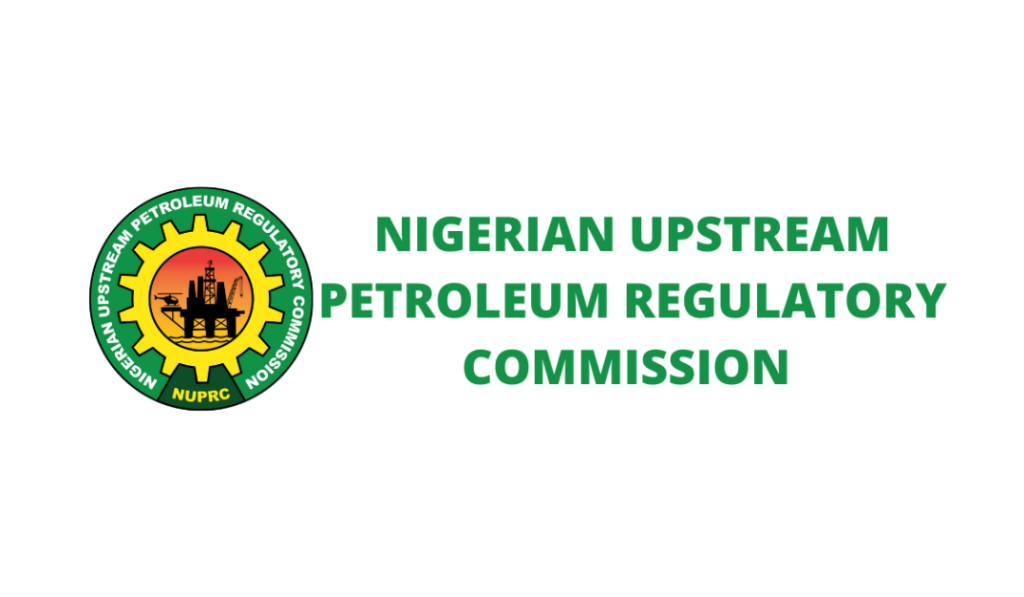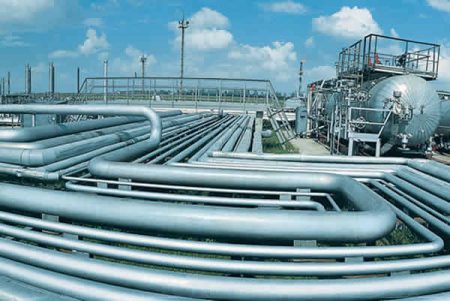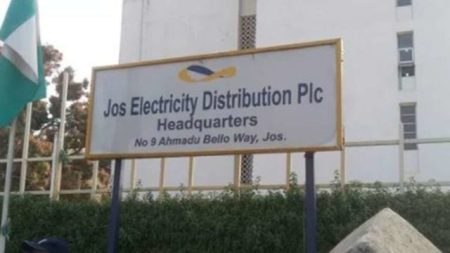A New Chapter in Nigerian Oil and Gas: TotalEnergies and Sapetro Partner for Deepwater Exploration
The Nigerian Upstream Petroleum Regulatory Commission (NUPRC) has ushered in a new era for the country’s oil and gas sector by signing a landmark Production Sharing Contract (PSC) with TotalEnergies and South Atlantic Petroleum (Sapetro). This agreement grants the consortium exploration and production rights for two promising deepwater blocks, PPL 2000 and 2001, encompassing 2,000 square kilometers in the Niger Delta Basin. The PSC, awarded following the 2024 licensing round, positions TotalEnergies as the operator with an 80% stake, while Sapetro holds the remaining 20%. This partnership signifies a renewed focus on leveraging Nigeria’s untapped deepwater potential to boost oil and gas production, enhance energy security, and attract much-needed investment.
The signing ceremony, held in Abuja, was attended by key figures in the Nigerian energy landscape, including NUPRC Chief Executive Officer, Gbenga Komolafe, and the Group Chief Executive Officer of the Nigerian National Petroleum Company Limited (NNPC), Bayo Ojulari. Komolafe emphasized that this PSC is a direct result of President Bola Tinubu’s proactive reforms and initiatives aimed at revitalizing the oil and gas industry. He specifically highlighted the President’s directive to re-tender undeveloped assets to competent bidders, in accordance with the Petroleum Industry Act (PIA). This strategic move, combined with new executive orders on fiscal incentives, local content, and contract timelines, has created a more attractive investment climate for international players like TotalEnergies.
The PSC’s fiscal terms are designed to incentivize performance and ensure shared value for both the Nigerian government and the operating consortium. A signature bonus of $10 million is coupled with production bonuses of 2 million barrels and 4 million barrels (or their cash equivalents) upon reaching output milestones of 35 million barrels and 100 million barrels, respectively. This performance-based structure aims to accelerate production and maximize returns for the Federation. Furthermore, the agreement includes a cost recovery limit of 70%, ensuring responsible cost management while maintaining attractive profit margins for the contractors. The PSC also addresses crucial aspects such as gas utilization, decommissioning, and environmental remediation, reflecting a commitment to sustainable and responsible resource development.
This PSC represents a significant departure from previous licensing rounds, showcasing a pragmatic approach to attracting investment. Recognizing the challenges in securing investment in the 2024 licensing round, the NUPRC, with Presidential approval, opted for minimum signature bonuses, aligning Nigeria with global best practices adopted by countries like Thailand, Israel, Guyana, and Brazil. This shift away from hefty upfront bonuses towards a performance-driven model has proven successful in attracting international players and fostering competition. This innovative approach underlines the Nigerian government’s commitment to creating a more flexible and competitive environment for attracting investments in the upstream sector.
The PSC’s comprehensive scope, covering both crude oil and natural gas, marks another important milestone. It is the first deepwater PSC awarded since the implementation of the PIA and the first to incorporate robust gas terms, including a profit gas split that incentivizes the monetization of non-associated gas. This focus on natural gas development aligns with Nigeria’s broader energy strategy to diversify its resource base and capitalize on the growing global demand for cleaner energy sources. The explicit inclusion of gas terms within the PSC underscores the strategic importance of natural gas in Nigeria’s energy future and its potential to drive economic growth and diversification.
TotalEnergies, with a long-standing presence in Nigeria spanning over six decades, has expressed its unwavering commitment to the country’s energy sector. The company’s deep experience in Nigeria’s offshore operations, coupled with its focus on low-cost and low-emission development strategies, positions it well to maximize the potential of these deepwater blocks. TotalEnergies employs over 1,800 people in Nigeria and operates over 400,000 barrels of oil equivalent per day. The company’s extensive downstream network, including over 500 service stations, further solidifies its commitment to the Nigerian market and its people. TotalEnergies aims to leverage its expertise and resources to deliver significant value to Nigeria, creating jobs, fostering local content, and contributing to the country’s economic prosperity. The PSC aligns with Nigeria’s ambition to reach 3 million barrels per day of oil production and attract further investment, solidifying its position as a premier destination for upstream investment in Africa.














